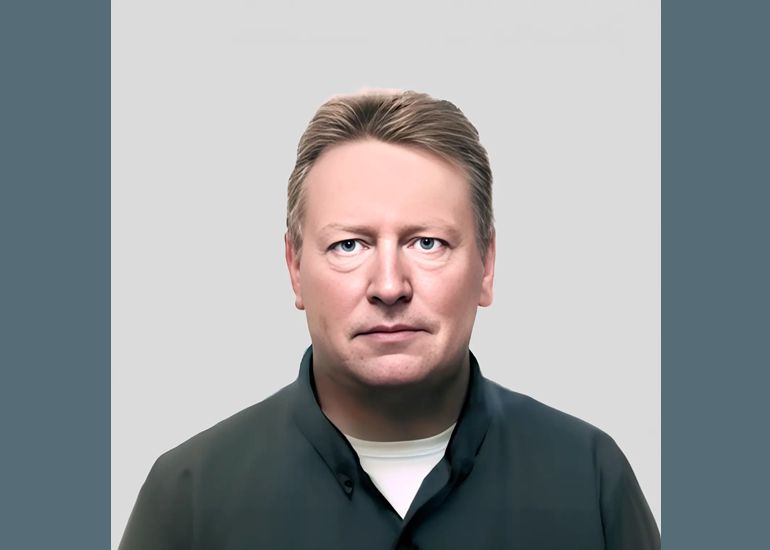Logic, Accountability and Design
David Pearce proposes a design approach to applied logics to make AI systems more explainable.

June 5th 2024
- 15:00 – 16:00 CEST
- TU Wien, Conference Room FB02
-
1040 Vienna, Erzherzog-Johann-Platz 1
2nd Floor
On June 5, 2024, David Pearce from the Universidad Politécnica de Madrid will propose a design approach to applied logics to make AI systems more explainable.
Join Zoom Meeting
Meeting ID: 916 1073 9406
Password: 79567707
Abstract
Logic can and should play a pivotal role in helping to make AI systems explainable and ultimately more accountable. However, this puts a burden of responsibility on logic itself. Can we trust applied logical systems, many of them in competition with one another, to provide fair and rational conclusions leading to acceptable decisions and actions?
We propose a principled approach to the design of applied logics and a preliminary set of desiderata to support accountability for logic-based systems in knowledge representation and reasoning.
A very short talk on this topic was given at Jelia 2023.
About the Speaker
I studied Philosophy, Logic and Scientific Method at the University of Sussex and began my doctoral studies in Philosophy at St John’s College, Oxford. I later returned to Sussex where I obtained my D Phil in 1980. My main supervisor was Jerzy Giedymin and my examiner was Stephan Körner. From 1982-94 I worked at the Philosophy Institute of the Free University Berlin as a Lecturer (Hochschulassistent) and later as a Heisenberg Research Fellow funded by the DFG. From 1992-94 I was Acting Professor at the Universities of Göttingen and then Heidelberg. After 12 years in Berlin, in 1994 I moved to the German AI Research Centre (DFKI) in Saarbrücken, where I joined the group of Jörg Siekmann and coordinated one of the original European Networks of Excellence, in the field of Computational Logic. In 2000 I joined the Future and Emerging Technologies Unit of the European Commission in Brussels as a temporary researcher/project officer, which involved me in the management and supervision of EU research programmes, especially the programme “Global Computing”, involving 13 research projects for a total of 18.5mEUR, where I helped with the planning, implementation and supervision of the programme. In 2002 I moved to Madrid as Ramón y Cajal Research Fellow in the Computer Science department at the Universidad Rey Juan Carlos. In 2009 I joined the UPM as professor in the I3 programme.

